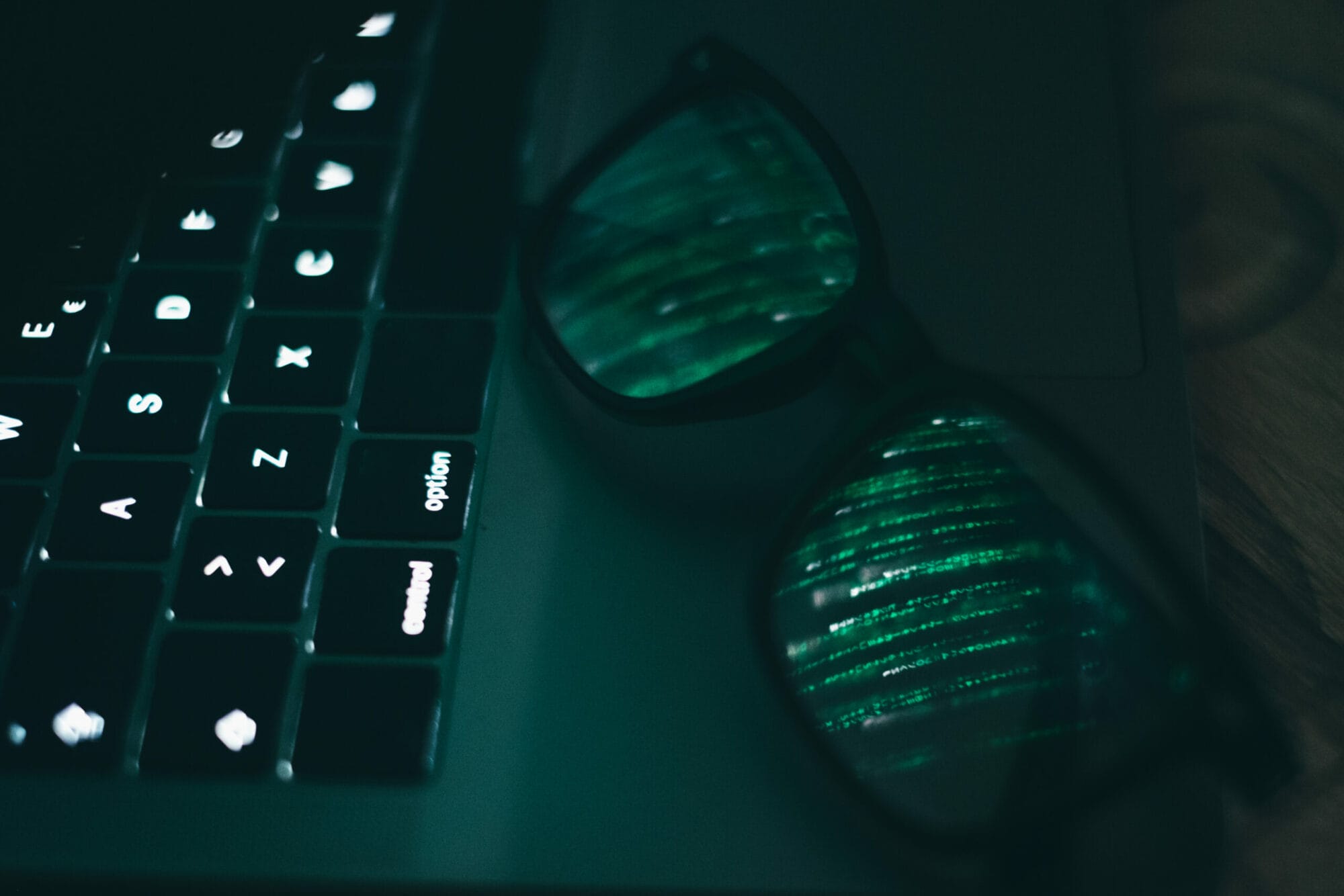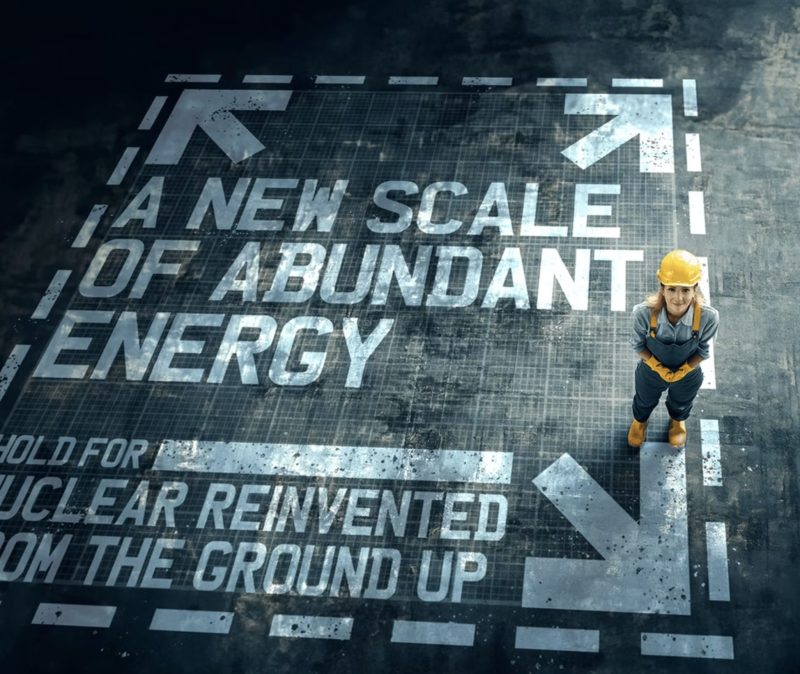By Cade Metz | New York Times
I first met Sam Altman in the summer of 2019, days after Microsoft agreed to invest $1 billion in his three-year-old start-up, OpenAI. At his suggestion, we had dinner at a small, decidedly modern restaurant not far from his home in San Francisco.
Halfway through the meal, he held up his iPhone so I could see the contract he had spent the last several months negotiating with one of the world’s largest tech companies. It said Microsoft’s billion-dollar investment would help OpenAI build what was called artificial general intelligence, or A.G.I., a machine that could do anything the human brain could do.
Later, as Mr. Altman sipped a sweet wine in lieu of dessert, he compared his company to the Manhattan Project. As if he were chatting about tomorrow’s weather forecast, he said the U.S. effort to build an atomic bomb during the Second World War had been a “project on the scale of OpenAI — the level of ambition we aspire to.”
He believed A.G.I. would bring the world prosperity and wealth like no one had ever seen. He also worried that the technologies his company was building could cause serious harm — spreading disinformation, undercutting the job market. Or even destroying the world as we know it.
Jordan Rose, founder and president of Rose Law Group – which is incorporating AI into legal research to be more efficient – says, “If you think you’re business and life won’t change as a result of AI… you are about to be proven wrong faster than you realize it happened.”








